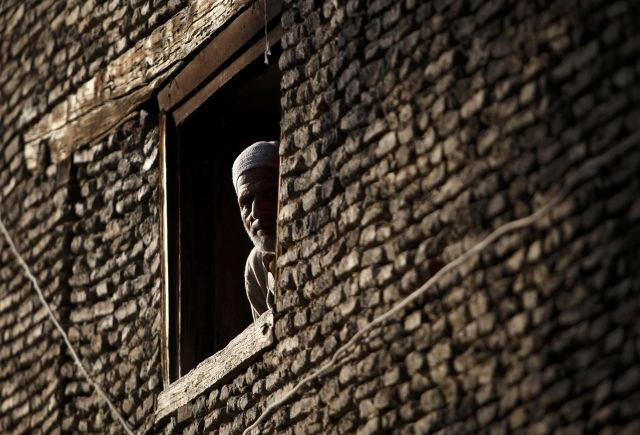Three Indian Soldiers Killed In Encounter With Suspected Militants In Kashmir During Anti-Insurgency Operation

[UPDATE: The total number of soldiers killed is four, and not three as originally reported. A Hizbul Mujahideen militant was also among those killed, media reports said.]
Four soldiers of the Indian army were killed on Friday in an encounter with suspected militants in the Pulwama district of India-administered Kashmir, media reports said.
The incident occurred in the state's Tral region, where the troops had launched an anti-insurgency operation, after receiving a tip about the presence of militants, Press Trust of India, or PTI, reported. A member of the Hizbul Mujahideen group was also killed.
Militants opened fire on the troops who were laying a cordon around the village, an Indian army spokesman told the PTI. Additional security forces have been deployed in the area to track down the militants, he said.
The ambush came a day after a militant belonging to the banned Islamist group Lashkar-e-Taiba, or LeT, was killed in an early morning raid on his hideout in the Fateh Kadal area in India-administered Kashmir.
The LeT commander, Hilal Molvi, was wanted in connection with the killing of several civilians in the Pattan and Sopore areas of northern Kashmir, PTI reported. Molvi was involved in an assault on an Indian army camp in Srinagar on March 13 that killed five Indian paramilitary soldiers, according to Kashmir police.
The encounters have come at a time when the state government is demanding a partial repeal of the 1990 Armed Forces Special Powers Act, which gives sweeping powers to the army, from parts of the state to reduce the army's presence in civilian-inhabited areas.
Defense Minister AK Antony said in November that decisions regarding the Act's withdrawal cannot be made in haste because infiltration from across the Line of Control had increased. The defense ministry and the army are strongly opposed to the withdrawal of the Act from the state, claiming that such a step could adversely impact the security architecture in the region.
© Copyright IBTimes 2024. All rights reserved.






















